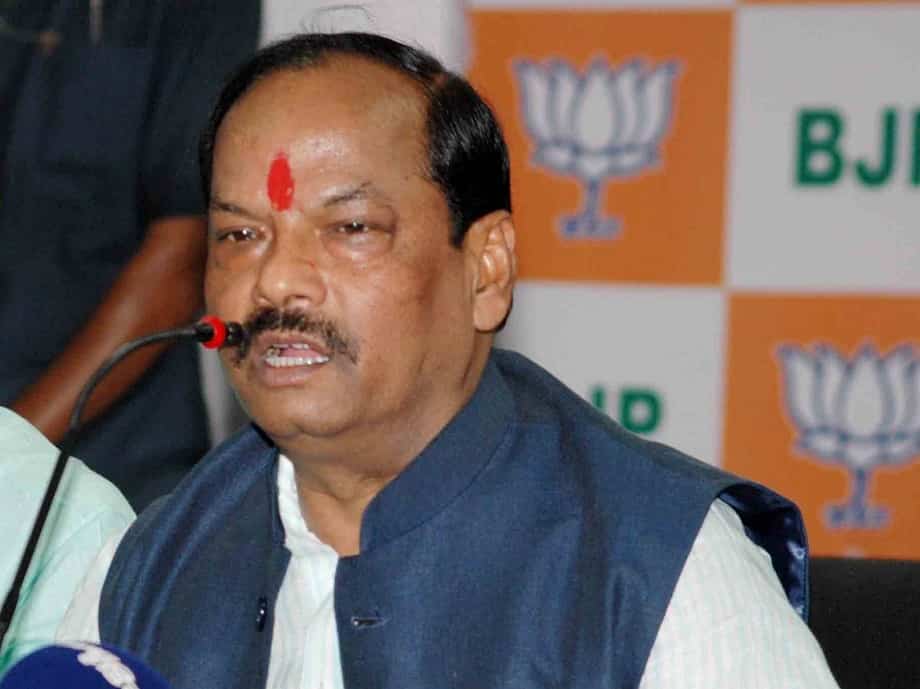Jharkhand seems to be on the roll these days, escalating upwards and reaching new heights under Raghubar Das led government it is all set to become an Open Defecation Free state. The state has prospered like never before and has shown positive results in the field of development.
First, with its Global Investor Summit held under the brand name ‘Momentum Jharkhand’ from 16th-17th Feburary ’17, which was aimed at promoting industrial activity in Jharkhand and establish the state as one of the prime investment destination in Eastern India. The state government was successful, as the two-day global investors’ summit (GIS) saw the participation of over 9500 foreign and domestic delegates & by the end of it, there were 209 MoUs signed between nine departments of the Jharkhand government attracting an investment of Rs 3,03,987 crore.
These proposals are expected to create 2,09,176 direct employment and 3,92,150 indirect employment as per the state government.
If this wasn’t enough, the state was ranked 4th in the country, in Ease of Doing Business Index that was prepared by the World Bank and Department of Industrial Policy Promotion (DIPP). Chief Minister Das on twitter wrote, “Congratulations to team Jharkhand for this success. Our target is to lay a network of industries in the state to create employment so that poverty can be removed from the state.”
#EaseofDoingBusiness रैंकिंग में झारखण्ड का टॉप राज्यों में आना हर झारखण्डवासी के लिए गर्व की बात है। टीम झारखण्ड को इस सफलता के लिए हार्दिक बधाई। pic.twitter.com/xP5Vias8se
— Raghubar Das (@dasraghubar) July 10, 2018
Jharkhand earlier known for its jungles, naxalites, trains getting cancelled due to tracks being dismantled by the naxals etc. is now being known for its holistic development.
According to Pioneer’s report of November 2013 titled, ‘Open defecation percentage highest in Jharkhand’ in which they wrote, “As per Census 2011 statistics highlighted by UNICEF Jharkhand, open defecation in rural areas is highest in Jharkhand among all States in the country. Shockingly, 92.4 per cent of the people in rural areas of Jharkhand do not have toilets”.
With sheer hardwork and commitment, the state has now reached to new heights since its carving out from Bihar on November 15th, 2000 and is now at its peak, as it is all set become an Open Defecation Free state. This will be a proud moment for one of the newest states in India on its 18th foundation day.
Then Drinking Water and Sanitation department Minister of Jharkhand, Jaiprakash Bhai Patel could not reveal any unique strategy of the State Government that may improve the situation quickly. He could only release a statement saying, “We want people to use toilets. We are helping social organizations and communities to construct toilets in rural areas. The Nirmal Bharat Abhiyan (NBA) is also going on with the help of Center. We are making use of revolving funds for the purpose and also trying to build community toilets in rural areas.”
With its saddening performance the state government’s first task was to get it overhauled. With Narendra Modi coming into power the first task he took up as a Prime Minister, was of the cleanliness drive under the banner of ‘Swachh Bharat Abhiyaan’. With the Bhartiya Janta Party coming in power in the state as well, Raghubar Das was choosen to lead the state, aftermath of which he very adeptly took up the burden of getting rid of the open defecation problem.
Union Minister for Drinking Water and Sanitation Uma Bharti while addressing at ‘Ganga Gram Swachchhata Sammelan’ at Rajmahal, Jharkhand said, “with the current rate of sanitation coverage in Jharkhand, the state will become open defecation free (ODF) by November 15.”
Furthermore adding to it a government statement said, “Ganga Gram” is a concept to transform the banks of the Ganga river into ideal villages with emphasis on ‘Open Defecation Free’, solid and liquid waste management, water conservation, groundwater recharge, modern crematorium, tree plantation, and organic and medicinal plant agriculture.”
Parameswaran Iyer, Secretary, Ministry of Drinking Water and Sanitation, highlighted the societal and financial gains from the Swachh Bharat Mission (SBM) and said that, “in the past four years, sanitation coverage has gone up from a low 39 per cent to over 95 per cent in rural areas.”Citing reports from organisations such as UNICEF and WHO, he said that a family in an ODF village saves on an average Rs. 50,000 annually on its medical expenditure. “With such a growth, Swachh Bharat Mission would have saved about three lakh lives by October 2019,” he said.
Kudos! to the Chief Minister and his officials for toiling day in and day out to this very day, it is because of their consistent and collective efforts, the state will now be a clean and a healthy place to live !
